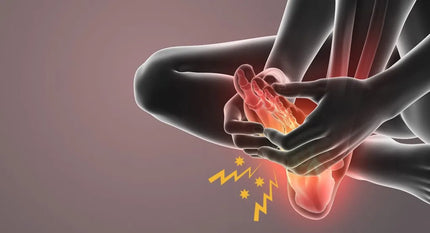It’s been coined the master mineral and deemed as critical as water. But how exactly does it correlate to the process of ageing? The ways are numerous, but we’ll highlight a few of our standouts. From menopause to migraines, bone health to beautiful skin, you’ll be eager to lather up in magnesium cream by the time you’ve finished reading this. And remember, even if you’ve had a blood test that did not show up a deficiency in magnesium, only a small portion of magnesium stores actually sit in the blood. There are other areas more likely to be depleted that won’t be detected so simply.















